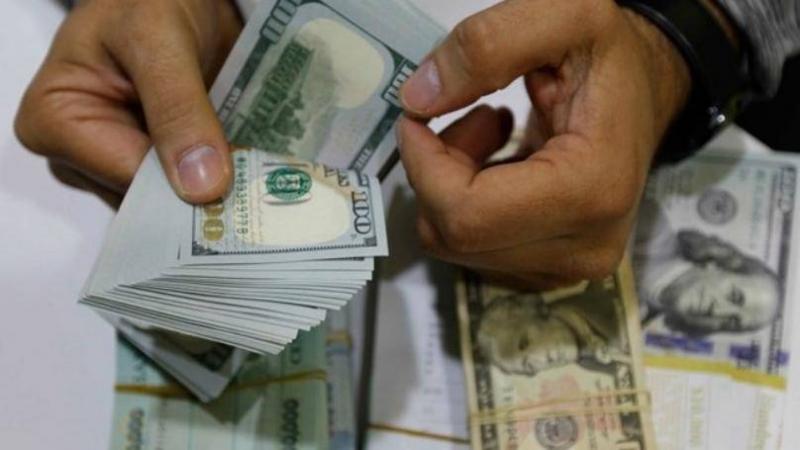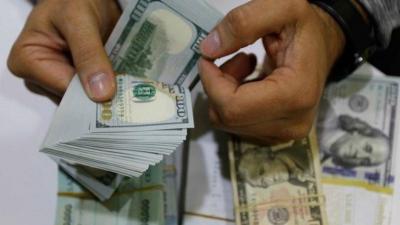The term "Deposit Recovery Fund" has recently emerged in discussions related to the deposit crisis amidst a deadlock in both political and living conditions, while depositors suffer in silence waiting for relief! Naturally, given the ongoing crises and loss of trust in the state and anything it proposes, it's expected that this idea will be met with rejection or at least skepticism, especially considering that the Lebanese experience with "funds" has never been successful, often being characterized by cronyism and "electoral investments" by some parties.
The scientific definition of a sovereign fund is "an investment fund owned by the state, which includes government assets derived from the surplus reserves that the state possesses, benefiting its economy and citizens. It may include funding from the sovereign wealth fund derived from surplus reserves from state-owned natural resource revenues, trade balance surpluses, bank reserves accumulated from the budget, foreign currency dealings, privatization funds, and governmental transfer payments."
The establishment of a "Deposit Recovery Fund" has been mentioned in the project "Restoring Balance to Financial Order" (the financial plan), which was approved by the government and referred to the parliament. The finance and budget committee began studying it last month, as paragraph four of article six states that balances exceeding $100,000 will be converted into capital instruments or securities issued by the "Deposit Recovery Fund" or through any procedure stipulated by the law for managing or reorganizing banks.
A financial source explained that the matter is still at a preliminary idea stage that cannot be commented on, and the project has not defined its mission or management methods, thus no serious discussions have taken place regarding it. The source stated, through the "Akhbar Al-Yawm" agency, that the principle exists, but this does not mean it has become a law approved by the parliament.
In response to a question, the source emphasized the state's obligation to repay its debts, which could be done by creating a fund to manage its assets, with repayments coming from the revenues of these assets. Hence, this idea is sound, but the focus is on practical application and determining the assets to be included, alongside the required legislation to manage them in a way that yields a higher return than the current one. For example, if the electricity institution is placed within this fund, and the sector remains managed as it is now, the utility of it would be negated.
Furthermore, the source confirmed that there would be no serious solution unless it is a comprehensive one that begins with a regularization of political matters, meaning the election of a president and entering a phase of political stability to start actual treatments.
Regarding the role of the banking sector in such a fund, the source said: The proposal is that part of the deposits will transfer to this fund, and banks will receive rights or "documentation" specifying their rights therein, reiterating that these are initial ideas open for discussion. On a political level, former Minister Rashid Derbass stated, through the "Akhbar Al-Yawm" agency, that the proposal for the "Deposit Recovery Fund" is like putting the cart before the horse, considering that some proposals resemble attempts at unsustainable renovations. He pointed out that addressing people's deposits and how to safeguard them and manage state assets cannot be resolved while this state is disintegrating and lacks any structure.
Derbass believes that the beginning of any solution comes with the election of a president of the republic and the reconstitution of state institutions by forming a government that instills confidence to engage both internally and externally. Currently, he contended, the government lacks any credibility, asserting that what is happening now is merely wasting time and obscuring the main issue at hand, which is the election of a president for the country.
He added: Approving this type of fund at present will not find receptive ears, nor will it convince anyone, and it will not garner popular support, as it will be like a "futile recipe."
He noted that electing a president opens many doors, provided that there is no dust on their resume or reputation, while also ensuring agreements on a respectable Prime Minister and forming a government of experts with a proven track record in their fields. Thus, these measures "ignite interest" among those wishing to assist Lebanon and create a sense of reassurance among the people.
In response to a question, Derbass said, "There is no milk left with the cow." If reconstitution does not occur based on ideas contrary to the past, the country cannot rise. Then, the government would succeed in creating an active economic cycle, in fact becoming stronger than the parliament.




